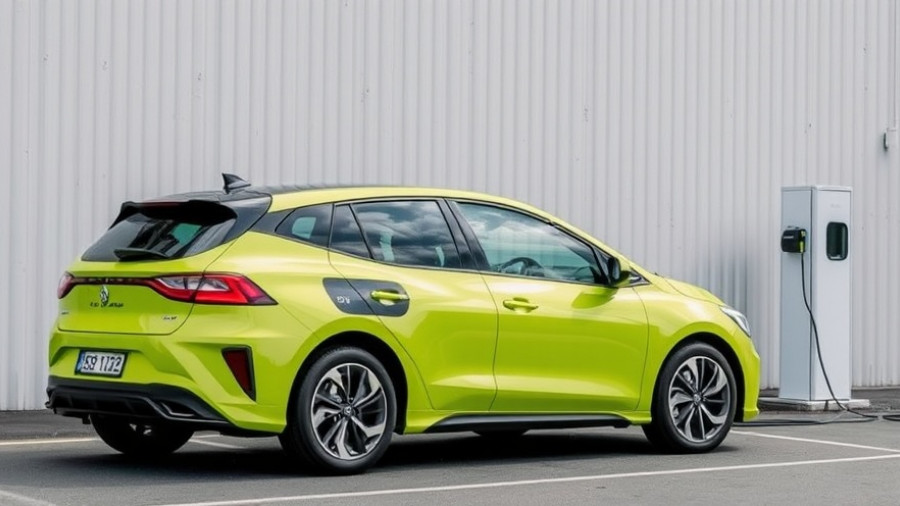
Current Trends in New Zealand's Electric Vehicle Market
Once heralded as a potential leader in electric vehicle (EV) adoption, New Zealand's notable decline in EV sales has sparked concern among environmentalists and industry players alike. Insights reveal that the country's EV sales have dropped dramatically due to various economic and policy shifts, suggesting that without robust supportive frameworks, the transition to EVs can falter.
Economic Challenges Impacting EV Sales
The economic landscape of New Zealand is fraught with challenges, including a GDP contraction of 1.1% in 2025 and rising unemployment rates. As disposable incomes tighten, consumers are increasingly wary of making significant investments in vehicles, particularly in a market that offers little incentive compared to previously viable options.
The Effects of Policy Changes
The cancellation of favorable schemes like the feebate program, which previously stimulated EV uptake, has resulted in a marked stagnation in battery-electric vehicle (BEV) sales. This discontinuation, coupled with the introduction of new charges for EVs, underlines the importance of consistent and supportive policy measures in encouraging consumer adoption of electric vehicles.
The Role of Consumer Psychology
A persistent narrative about the advantages of EV ownership has been weakened by the government's inconstancy in policy. Potential buyers are left confused about the benefits of switching to electric, provoking a sense of disillusionment. This shift emphasizes the need for clear and aspirational messaging that presents EVs as part of a broader sustainable future.
Market Alternatives: How Hybrids Are Gaining Traction
While BEV sales have dwindled, hybrids have shown resilience, steadily increasing their market share. The recent emphasis on plug-in hybrids, attributed to models touting greater versatility and cost-effectiveness, signals a subtle shift in consumer preferences. This typically indicates buyers are seeking immediate solutions that promise lower running costs amidst fluctuating petrol prices.
Comparative Global Context
New Zealand stands at a pivotal crossroad, much like other nations attempting to balance economic stability with the aspirations of reducing carbon footprints. In juxtaposition, countries like Norway flourish in EV adoption primarily due to government backing and specific market incentives, underlining the critical role of supportive frameworks in establishing a robust EV market.
The stagnation of EV sales in New Zealand showcases the challenges of adopting innovative technologies without comprehensive and consistent policy support. It serves as a case study in the importance of maintaining a strategic, thoughtful approach to encourage the shift toward a sustainable future.
 Add Row
Add Row  Add
Add 




Write A Comment